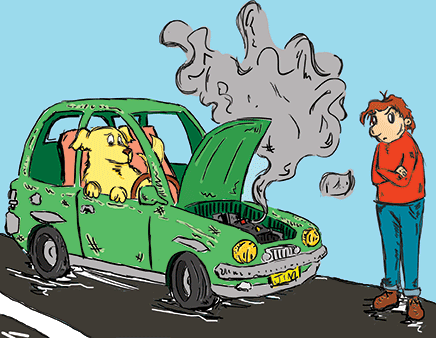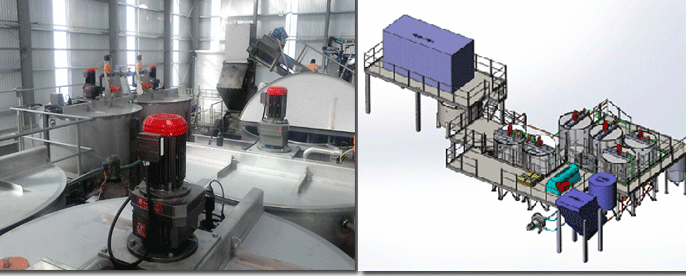We’ve all been there before. Standing in the rain on the side of a busy road berating ourselves. Why didn’t I get around to it? Why didn’t I make the time to get it done? In our busy lives, time is the one thing everybody is lacking.
Well, it happened to me yesterday. I didn’t get around to it.I ignored the warning signs. The difficulties I’ve been having in starting my car, the dim headlights.
As I stood in the rain next to my car wedged unhappily onto the side of an extremely busy road I was forced to admit it.
I had a problem.
As I leapt back to avoid a passing truck I knew there was no other option.
I needed a new car battery.
“One hundred and twenty dollars!” I nearly choked on the cold coffee I’d been sipping as I waited for my battery to be replaced. A good three hours later.
“What do you do with the old car battery? Can it be reused, or at least recycled?”
Well, what I learnt was extremely interesting. Eye opening in fact. Details very few people would know. So let me share with you a little of what I’ve learnt.
In New Zealand old car batteries get sent to Chempro Logistics who are chemical management specialists. Chempro source Used Lead Acid Batteries (ULAB’s) from a number of collectors / scrap dealers around New Zealand.
At the plant in Petone Wellington, Chempro recycles the batteries which has a positive effect in New Zealand by eliminating environmentally unacceptable disposal of used batteries to landfill.
In order to do this Chempro Logistics has recently undertaken extensive re-conditioning work and installed a state-of-the-art battery breaking operation, significantly upgrading their plant to meet the appropriate council requirements and legislation.
The plant is designed to process 8 tonnes of ULAB’s (Used Lead Acid Batteries) per hour and has the capabilities to process New Zealand’s 22,000 tonnes of ULAB’s per annum.
Chempro engaged Jonassen Industrial Projects Limited (JIPL) to design a waste acid treatment system for the battery recycling plant. JIPL carried out detailed process and engineering design work, specified and configured the required equipment, provided the layout arrangements, and specified the control system for the semi-automatic wastewater treatment plant.
JIPL designed and supplied all the tanks, supplied all the pumps, instruments and controls. Installation was carried out locally with JIPl commissioning the plant. JIPL installed and project managed the full SCADA system for the plant. The control system for the complete processing plant (fully integrated with the TwTP) includes the battery breaking and associated processing equipment, and JIPL supplied lead oxide filter press. The comprehensive control and process management system provides real time data and trends for control and plant management.
JIPL supplied the filter press for the plant for dewatering the lead oxide.
JIPL delivered Chempro a functioning wastewater treatment plant that allows the plant to process the acid and other wastewater via discrete batches, individually controlled for minimum lime usage and good pH control of waste liquids.
Since Chempro have upgraded their plant they have made a saving of over one hundred thousand per annum in lime usage.
The new plant effectively loads, crushes and separates the lead oxides, lead metals and plastics for recycling.
The recycling plant produces; Lead Metal (from the plates in the batteries) sold to secondary lead smelters worldwide, Lead Oxide from paste used to separate the plates also sold to secondary lead smelters. Both the lead Metal and Oxide are high grade feed for secondary smelters.
The Polypropylene (plastic) from battery casings is washed and chipped and sold to plastic manufacturers.
So when I realized that my old battery would be completely broken down and recycled in a state of the art operation, did I feel better about the $120 spent on a new battery?
I’ll leave that to you to decide.


